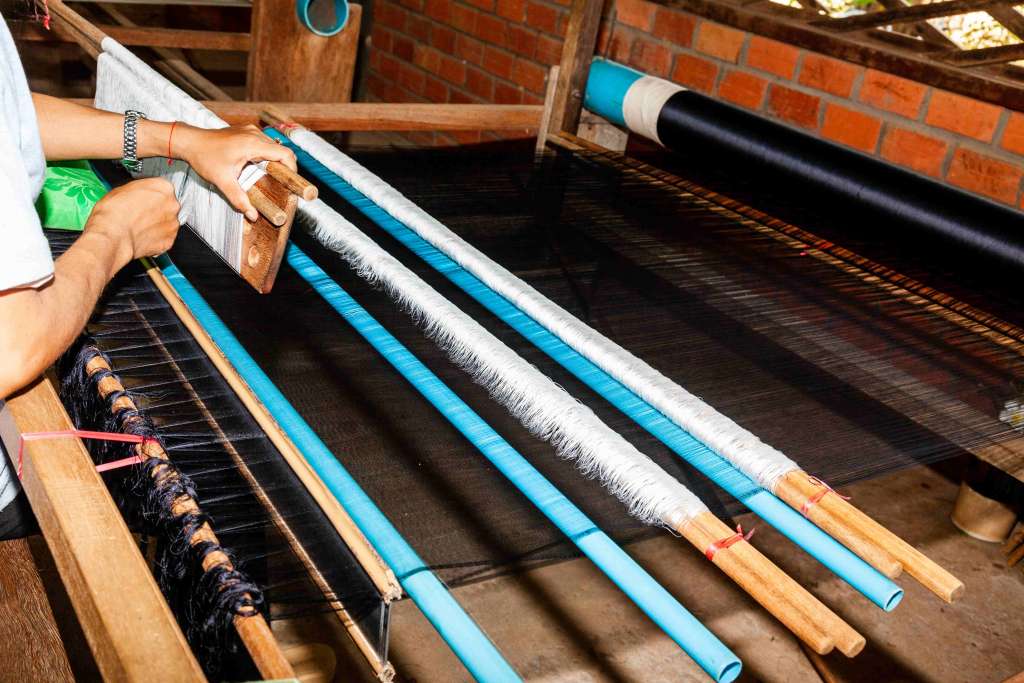What is Anti-Dumping Duty? Why has the Indian Government Removed it?



The Indian Government has recently removed anti-dumping duty (ADD) on EFY and a couple of other items. This is big news for the apparel industry, especially stakeholders of the Indian textile industry.
Countries impose strict anti-dumping duties as protectionist measures to promote their internal commerce. Let's examine why the Indian Government has removed the ADD and its impact on the Indian Textile Industry. We aim to delve deeper into the reasons in the light of contemporary national and global developments. Before that, let us briefly explain anti-dumping duty and its global applications.
What is Anti-Dumping Duty?
Anti-Dumping Duty is a form of a tariff that a country imposes on imports of certain goods that are believed to be priced below fair market value. This type of protectionist measure controls imports that flood the domestic market with cheaper goods.
Several countries deliberately export goods at a lower price than their domestic market to disturb market dynamics in other countries. Chinese goods in India and several African countries are significant examples of dumping cheaper goods.
The rationale behind imposing the anti-dumping duty is to protect the local economy and business. ADD also helps to safeguard local jobs, art & craft, and the SME sector. The probable negative impact of anti-dumping duty is high prices for domestic goods.
Anti-Dumping Duty promotes local business, and in the long-run, dependence on foreign goods for domestic consumption.
Anti-Dumping Duty at the Global Stage
- The World Trade Organization regulates international trade rules and regulations. It supervises anti-dumping measures globally and ensures fair trade practices between member countries.
- For the USA, the International Trade Commission imposes and regulates anti-dumping duties.
- In recent developments, the European Commission will resume anti-dumping duties on certain Chinese products after completing a nine-month extension after 12th July 2022.
- In South Africa, their Anti-Dumping Duty regulatory body, International Trade Administration Commission, has announced provisional ADD on certain import items from Brazil, Ireland, Poland, Spain, and Denmark from January’22 to June’22.
- In Australia, the Anti-Dumping Commission supervises regulations regarding anti-dumping duty.
Anti-dumping duties protect the local economy from cheap imports, save jobs and promote local production. Globally almost every country has a dedicated body or organization to regulate laws and measures regarding ADD.

So, why has the Indian Government removed anti-dumping duty and its impact on the Indian Textile Industry? Let's look in the prime reasons.
The core reasons of the Indian Government behind the removal of anti-dumping duties are:
- To fill the Demand-Supply Gap
- To support the Domestic Manufacturers to Compete on the Global Stage
- To reduce the Burden of High Manufacturing Costs on the MSME sector
- To boost exports
- Ensure less burden of costly garments for consumers
Removal of ADD on Purified Terephthalic Acid
The Indian apparel industry relies heavily on imports for PTA, an essential raw material for several products such as polyester fabrics. PTA is Purified Terephthalic Acid, which constitutes around eighty per cent of the polyester fabric. It is important to the manufacture of man-made fiber and its components.

With anti-dumping duty on imports of PTA, the cost of raw materials increases resulting in higher making costs and costly end-product. To help the Indian textile industry, Nirmala Sitharaman, Finance Minister, has announced the Removal of ADD on PTA for the ‘public interest’ during her budget speech.
It was a welcome announcement for the apparel and textile industry. It was the desired outcome of over five years of demand. PTA is an essential component for sun yarn and polyester fiber. Polyester has several applications such as swimwear, trousers, curtains, sofa covers, car seat covers, jackets, bedsheets, cushions, etc.
Removal of ADD on Elastomeric Filament Yarn and Viscose Fibre
The Indian Government has also removed anti-dumping duty on Elastomeric Filament Yarn (EFY) and Viscose Fibre.
EFY is also known as Spandex Yarn and is commonly used as raw material for denim products. Viscose Fibre is used primarily for woven based products such as leggings and loungewear.
According to a study by the Directorate General of Trade Remedies, the import of EFY and Viscose Fibre are necessary to support local manufacturers due to the huge demand-supply gap.
Earlier in 2017, there was ADD on imports of these crucial raw materials, but in these five years, situations have changed drastically. India imports yarn primarily from South Korea, China, Vietnam, and Taiwan.
To meet the gap and improve the competitiveness of local businesses on the global front, the Indian Government has removed the anti-dumping duty. It was taken by the Indian textile industry with much jubilation.
Chairman of Confederation of Indian Textile Industry (CITI), T Rajkumar, said, “Removal of anti-dumping duty on raw materials will help the apparel and textile sector in a big way. It will boost competitiveness globally and improve morale overall.”
He continued, “Indian consumption of denim and related products have increased multifold in recent years. However, the production has not met this rising demand due to high input and production costs. This decision will work as a level playing field, increase exports in the denim segment, and ensure value addition in Indian textile products.
Therefore, it was a calculated and responsible decision of the Indian Government to support domestic textile and apparel manufacturers.
To understand more of how the Anti-Dumping Duty removal specifically affects your business, visit our website and sign up with us.



















